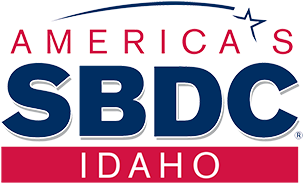Crowdfunding is a financing option designed to quickly raise funds by securing many small donations from many contributors. Crowdfunding is most successful when a business needs to raise a modest amount of money in a short time. The most common type of crowdfunding involves soliciting donations to start a business or launch a new product. Donors receive a specialty gift for donating. Kickstarter and IndieGoGo are two popular crowdfunding donation websites.
About 30 percent of businesses meet their funding goal. If they don’t, the business receives no money and donated funds are returned to the donors.
The most easily funded products are games, art, books, music, food, fashion and design. Crowdfunding is not often successful for service businesses, website or app development and any other activity not offering a tangible product.
Other types of crowdfunding: Equity funding, debt funding and subscription based funding are additional types of crowdfunding. Equity funding sites, such as EquityNet, sell small amounts of equity in a business to a large network of purchasers. Crowdfunding equity sales are regulated by the Securities and Exchange Commission (SEC).
Debt funding sites, such as Kiva, provide micro loans, usually to individuals in emerging nations. The lender is repaid when the business makes a profit. Patreon is an example of a subscription funding site used by podcasters, musicians and other creative individuals where fans pay to listen to the artists’ work.
Crowdfunding websites may charge a percentage of the amount raised to cover their administrative costs. Credit card processing fees also apply. U.S. residents who raise money through crowdfunding must pay income tax on funds received.
Act for Impact: Bank of the West has teamed with Ulule to provide crowdfunding opportunities for women owned businesses, social impact entrepreneurs, small businesses and nonprofits with a vision for social change.





